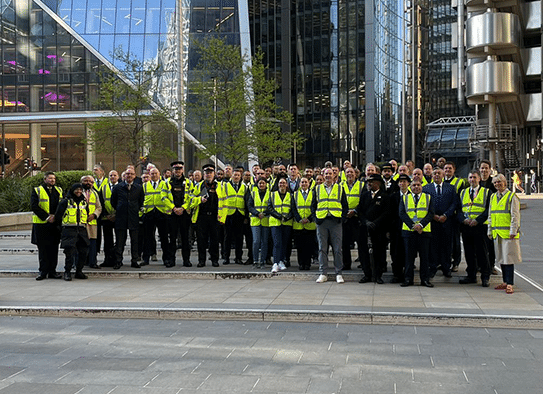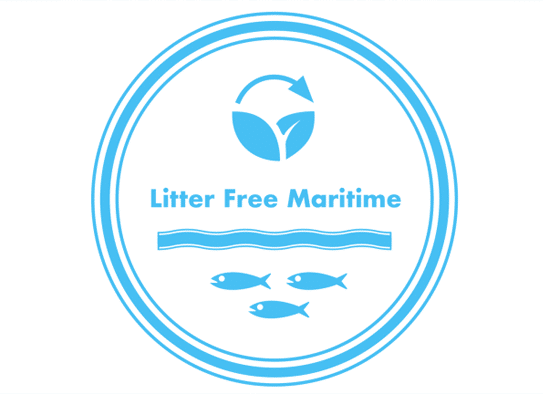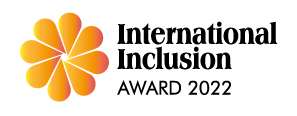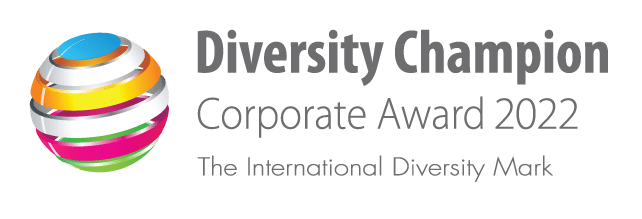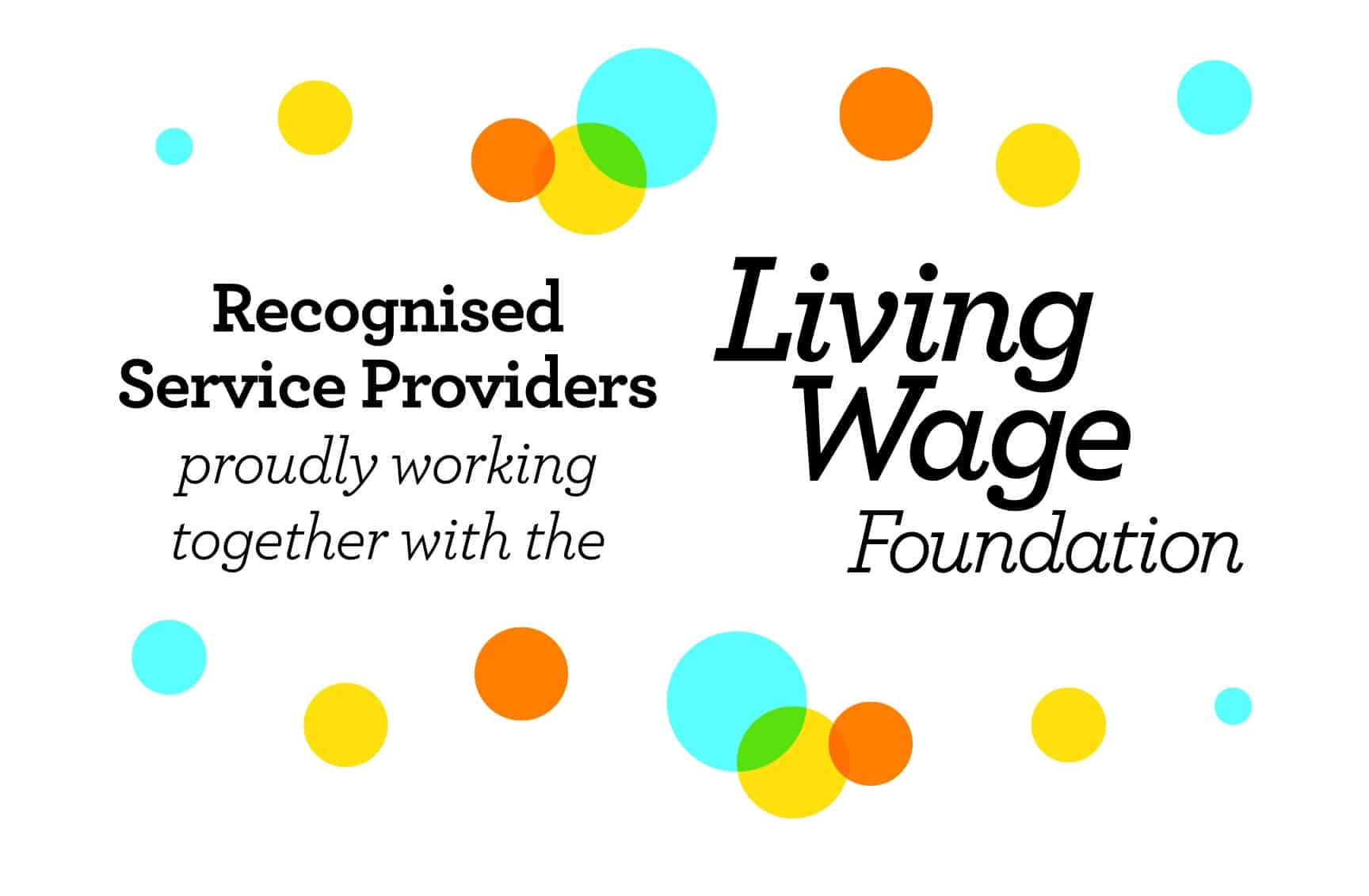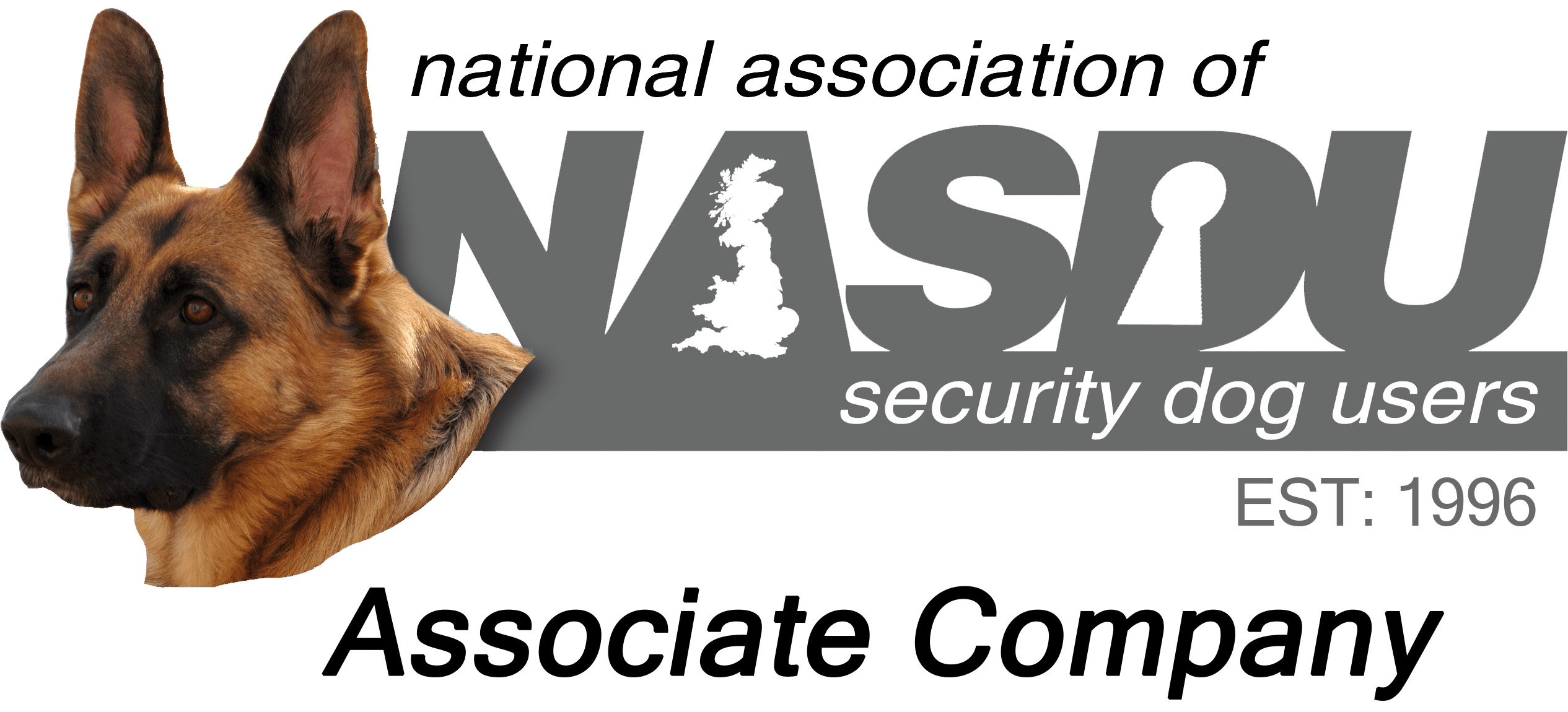CSR, People
Introducing Ward’s Mental Health First Aiders
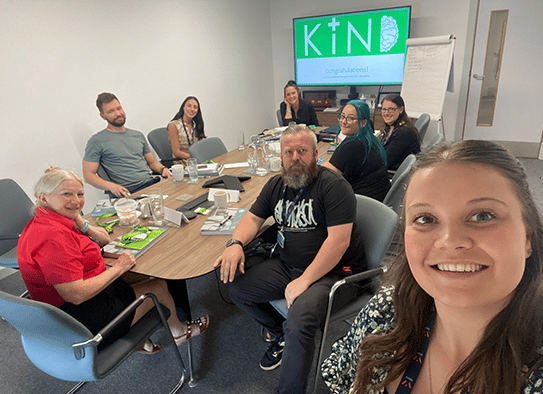
This weeks marks World Mental Health Day so we wanted to introduce you to some of our Mental Health First Aiders (MHFA) and share their stories with you about why they felt it was important to become a MHFA, the key learning they have taken from their training and how they are able to support in the workplace.
Firstly we have Abby Drysdale, Business Development Advisor:
- Why did you think it was important to become a MHFA?
So we can provide early intervention help for someone who may be developing a mental health issue. To offer initial support through non judgemental listening and guidance. - What are the key learning points you took from the training?
To ensure we reduce the stigma around mental health and have dedicated people to talk to who can help prevent employees from suffering, and instead feel safe to approach the topic and resolve the issue before it gets too severe. - How do you think you will be able to support in the workplace?
A confidential support system for any requirement and ensure the training that was provided is implemented correctly. To be a good listener and have empathy for others as well as being open minded and no judgemental & trustworthy.
Next up we have Michal Kotlowski, IT Support Administrator:
- Why did you think it was important to become a MHFA?
It encourages people who may experience some mental health challenges to speak to somebody and get some form of support they need. That itself can become a positive impact in their life. Being a MHFA is a great responsibility, a massive privilege as well as another step to make our workplace more supportive. - What are the key learning points you took from the training?
Empathy is a key to understand others and to make the relationships better. It is very important to be approachable, open-minded, and not judging others, as well as being trustworthy, patient, and active listener. Once we improve our communication skills, we can help others with their mental health challenges. - How do you think you will be able to support in the workplace?
I will be able to provide confidential support system for anybody who needs it. Moreover, proactively advocate self-care and positively impact wellbeing of my colleagues.
Finally, Nick Newland, Mobile Response Officer:
- Why did you think it was important to become a MHFA?
The importance of becoming a Mental Health First Aider was for a number of reasons. One of the major reasons was to be able to destigmatize that we all have feelings! Working in a predominately male workplace it sometimes hard to put your hand up and say “I’m struggling” and that you don’t feel ok. As men we feel that we should “man up and get on with it” when really we should be opening up and talking about it. Becoming a Mental Health First Aider has given me the skills to be able to appropriately see, say and signpost colleagues and peers that may need some assistance in their work or personal lives. - What are the key learning points you took from the training?
The main take away from the course for me that it’s your story not mine! Let me explain, when
we have a conversation it’s so important to be heard and understood not just listened to and
then given some unsubstantiated advice. Listening is the most important thing you can do. - How do you think you will be able to support in the workplace?
As a Mental Health First Aider we learned how to best assess what we are being told and how
we can support the person telling us. Whether that’s if anyone else knows how they are
feeling away from work or to encourage them to have a conversation with someone they trust.
Also if they are in contact with any professional services and if not, be able to suggest and
encourage getting in contact. The training which we received to become Mental Health First
Aider will help us to support colleagues in an active way. As a member of the Operational team I wear the same uniform as they do and I’m no different from them. I’m there to confidentially support and guide, not to judge and be impartial. I don’t have all the answers but I’m willing to talk, share lived experience and make people feel they aren’t alone and help people move in the right direction. But for anyone who’s reading this. It’s ok to not be ok there’s no shame in saying you’re struggling. There are people within the company that are now able to help.





